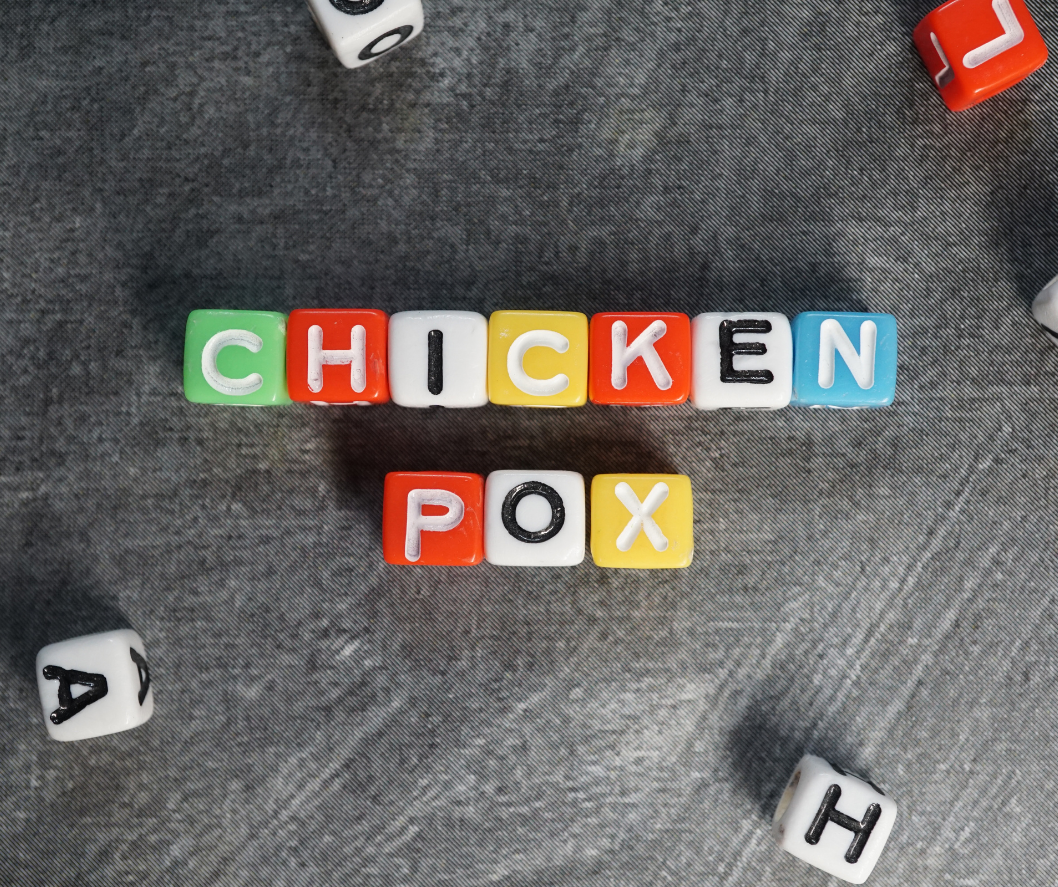Preventive Healthcare
Managing Chickenpox Symptoms - Metropolis Expert Explains

Table of Contents
Chickenpox is common everywhere worldwide—this disease mostly affects babies, young children and teenagers. You can recover within ten days of infection. Chickenpox is a one-time disease of your life.
You will get chickenpox once in a lifetime. The antibodies created during your chickenpox disease remain in your body forever. These antibodies, therefore, protect you from future diseases. However, chickenpox can reverse among adults in rare cases. Chickenpox is an uncomfortable disease, but it is not fatal. But babies under three months of age can be serious victims of chickenpox.
Learn more about his disease directly from our expert at Metropolis Dr. Niranjan Patil Associate Vice President and Scientific Business Head of Infectious Diseases at Metropolis Healthcare, Mumbai.
What is Chickenpox?
Chickenpox is one of the most common virus-related diseases you have ever heard about. This type of disease comes with itchy skin rashes and sometimes a mild fever. Almost every adult has gotten chickenpox during their younger days. However, with the invention of the chickenpox vaccine in 1995, its cases have reduced to a minimal number.
The good thing about chickenpox is that once you get it, you will not catch it again. The antibodies created during the infection last in your body forever. These antibodies fight against foreign elements in your future life.
However, you should be very careful if your baby gets chickenpox. Children easily get chickenpox when they come in contact with an infected person. But it can be avoided if you vaccinate your children.
Causes of Chickenpox
The chickenpox infection is caused by a virus called varicella-zoster. Moreover, chickenpox is also called varicella disease.
How is Chickenpox Spread?
Chickenpox is a severely contagious disease. If not vaccinated, anyone can catch chickenpox at least once at any age. Your child will not show symptoms for up to three weeks after they catch it. Finally, after three weeks, you will spot small itchy rashes. Chickenpox can spread in the following ways:
- If your child comes in contact with an infected person.
- If your children come in contact with the air droplets of coughing and sneezing of the infected person.
- Fluids from the infected person's eyes, nose and mouth.
Symptoms of chickenpox
Symptoms of chickenpox are pretty visible. The symptoms break out in a definite order. Hence, you can spot them in your children easily:
- Mild fever
- Headache
- Stomachache for at least two days
- Itchy skin rashes all over the body.
- Small blisters
- Bumps filled with milky liquids
- Scabs after blisters
- Blotchy skin
However, do not wait for further symptoms if your baby catches a fever and shows uneasiness for two days. Call your healthcare professional as soon as possible.
What to Do During Chickenpox?
If your child catches chickenpox, don't worry. It will go away on its own. However, you should follow the following steps to lessen their itchiness:
- First, isolate your child in a separate room for at least ten days.
- Keep your child in a cooler room.
- Do not let them scratch their bodies.
- Give your child a cool bath every day. Do not rub the blisters; rather, pat dry their bodies.
- Keep them well-hydrated during these ten days.
- You can put light lotions on the rashes.
- Go to the pharmacy and ask for antihistamines.
- Consult a doctor if your child catches a fever. Do not give aspirin.
- They can get mouth sores. Hence, give them bland and light liquid food.
How to Prevent Chickenpox?
The only way to prevent chickenpox is to vaccinate your child when required. However, make sure your child is not allergic to chickenpox vaccines. Moreover, pregnant women, tuberculosis patients and people with low immunity cannot take the chickenpox vaccine.
Who is at Greater Risk of Chickenpox?
Chickenpox is a highly contagious disease. But once you get infected with chickenpox, you might no longer fall sick of it. Older people might fall severely sick if they catch chickenpox. They become weak and often feel feverish.
Young children, especially babies under three months of age, are at higher risk of chickenpox. You should take extra care of your baby during this time. Chickenpox can be fatal for these infants. Keep your paediatrician in touch to avoid any unfortunate consequences.
Complications
Healthy people do not get complications after chickenpox. However, people with low immunity, cancer or HIV can face the following health complications:
- Dehydration
- Encephalitis
- Pneumonia
- Bacterial infections
- Liver diseases
Difference Between Chickenpox and Smallpox
Smallpox and chickenpox look similar. But they are not similar diseases. The varicella-zester virus causes chickenpox, while the root cause of smallpox is the variola virus, a member of the orthopoxvirus family.
The rashes of smallpox look similar to each other and do not have blisters. However, in chickenpox, the rashes do not look similar. Moreover, it shows blisters and scabs.
Furthermore, smallpox is much more serious and contagious. It was fatal to any age group. Fortunately, with mass vaccination, smallpox has been eradicated from the world.
Conclusion
Chickenpox is a common but highly contagious disease. However, with modern medications and vaccines, scientists and healthcare professionals have minimized the severity of chickenpox. Moreover, you can treat chickenpox at home with proper doctoral guidance.
Final Takeaway:
- Take rest in an isolated room for at least ten days.
- Keep our body well-hydrated during this time.
- Take simple food and avoid spicy and oily junk.
- Take your medications regularly.























